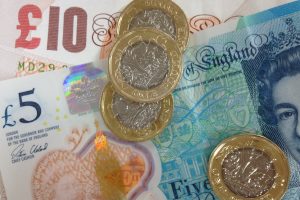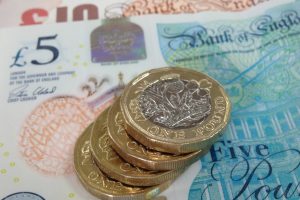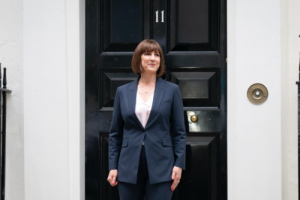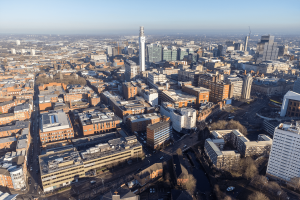Rate of inflation ticks up for first time since December
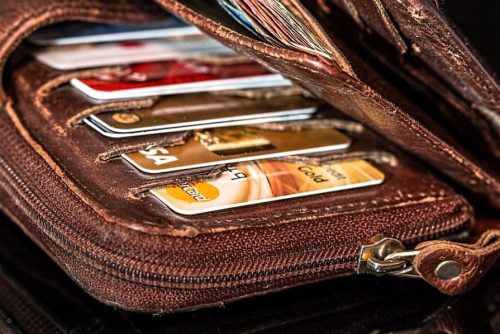
The rate of inflation has edged back up again, according to figures released by the Office for National Statistics (ONS) this morning (August 14).
Inflation rose to 2.2% in July – the first hike since December, and above the target rate of 2%. Analysts had predicted a larger rise – to 2.3%.
The ONS said the rise was mainly driven by prices of gas and electricity falling by less than a year ago.
Factory gate prices rose by 0.8% in the year to July, down from a revised increase of 1.0% in the year to June.
Meanwhile the cost of raw materials rose 0.4% in the year to July, up from no growth (0.0%) in the year to June.
ONS chief economist Grant Fitzner said: “Inflation ticked up a little in July as although domestic energy costs fell, they fell by less than a year ago.
“This was partially offset by hotel costs, which fell in July after strong growth in June.
“The increased in the cost of goods leaving factories slowed a little in the year to July, led by falling petrol prices. Meanwhile, raw materials prices picked up for the first time in over a year, driven by smaller falls in gas and electricity costs.”
Professor Joe Nellis, economic adviser to accountancy firm MHA, said: “The modest increase in headline inflation for July was expected given recent retail data. We anticipate that headline number will continue to edge up for the rest of the year as we head into the winter months and an inevitable rise in energy prices. The drop in core inflation is more significant and welcome news to the new Labour Government as it prepares for its first Budget since March 2010 and the most significant for a decade in October.
“The decision by the Bank of England to cut interest rates on 1 August, is likely to be followed by at least one more cut before the end of the year particularly if the FED and ECB reduce rates in the Autumn. This reflects more concrete optimism globally that inflation is now under control and back to historically ‘normal’ levels.”

